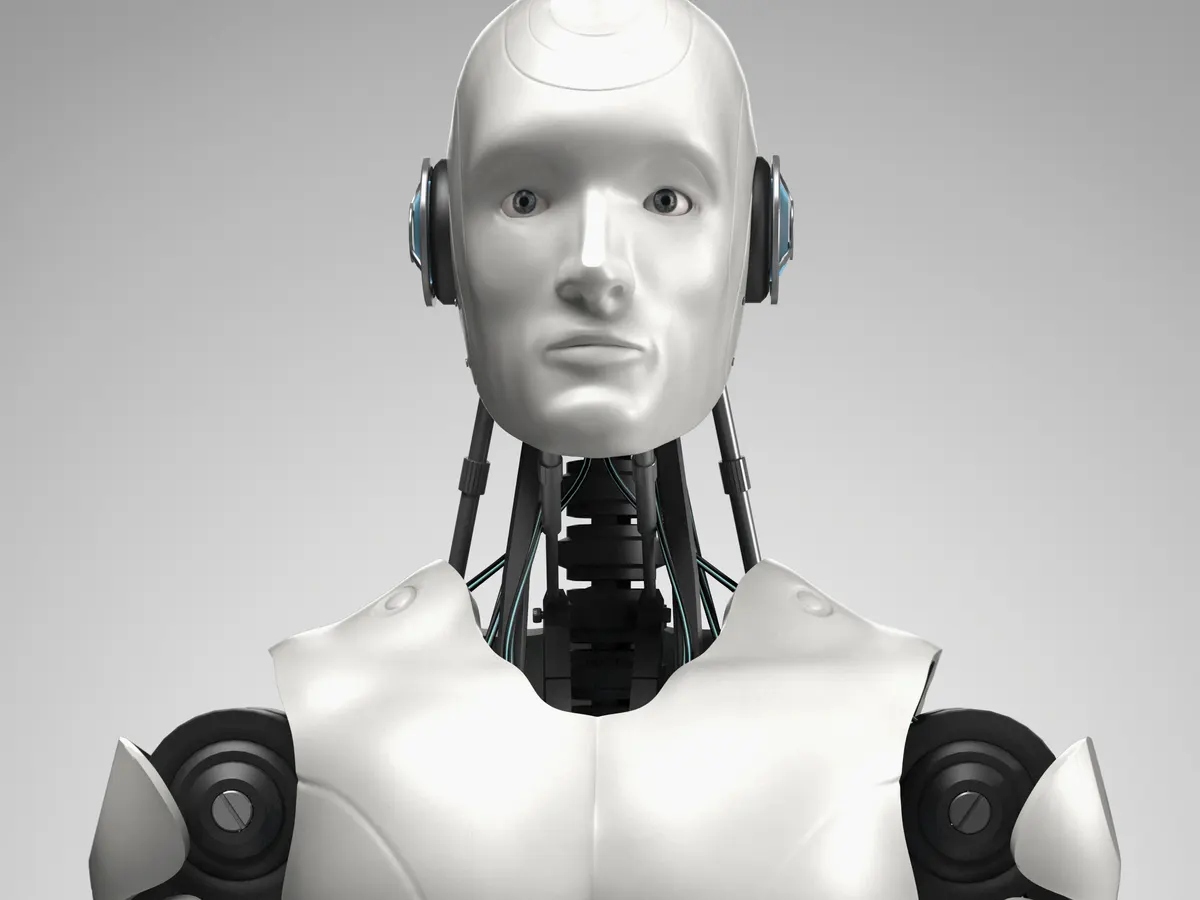Comments
- No comments found

There is a recent article, Unraveling the Mystery of Human Consciousness, where it was stated that, "Consciousness makes us capable of experiencing the scent of a rose, the touch of a breeze, the taste of food, the sound of music, and the sight of a sunrise. We also have a unique ability to be aware of our thoughts, emotions, memories, and even of our own awareness. Yet, despite the centrality of consciousness to our human experience, it remains shrouded in mystery. Science, as of today, has no definitive explanation of what consciousness is, how it occurs, or why it exists at all."
"In the realm of neuroscience, consciousness has often been studied as an emergent property of the brain. Researchers explore the “neural correlates of consciousness,” aiming to identify specific neural systems or patterns of brain activity that correspond to conscious experiences."
The problem of consciousness and the questions around it can be said to be a bit dated in the age of AI. The scent of a rose, the touch of breeze or whatever is called experience is not different from what is known or becomes known. The [mind] processes to obtain experiences are not different from the processes to recall things, or the process from which what is known becomes prioritized.
Knowing exceeds experience since experience is often a present expression of it. Or, experience is simply what is known at the moment. Knowing includes the awareness of being. It is knowing that it rounds up everything the mind does. Thoughts, emotions, memories and awareness are known, or in the process to be known.
Thoughts take from what is known. Memories are things known. Emotions too are known. Awareness of anything or attention is also known. The relationship of humans with the world is divided between what is known, getting to be known or not known.
It is the mind that gives knowing or all that the mind does is knowing. How does the mind enable knowing? That question exceeds the neural correlates or other angles sought for consciousness.
Conceptually, the collection of electrical and chemical impulses of nerve cells result in a group or what is called the mind. It is the mind's mechanisms and its transmissions that enable knowing processes for internal and external senses. Regulation, modulation or control of internal senses is done as knowing, giving limits and extents for functions, so that alerts are made when deviations occur.
Theoretically, the human mind has components—quantities and properties. It is when a quantity acquires a property that things become known. Roughly, the electrical impulses as a group form most quantities, while the chemical impulses, as a group, are properties. Quantities have their features, as well as properties. There is no difference in how the components of the mind make it possible to know for emotions and for memory or others. The labels of the mind are different from how the mind works.
Knowing is what the mind does. Intelligence processes what is known, sometimes without the experiential component. Consciousness or knowing rate for species has divisions that include feelings, memory, emotions and reactions, across states and lifecycle. Intelligence is within memory.
AI has memory, based on human texts, containing aspects of human intelligence. AI may not understand, but it would pass a knowing test, for several categories of things. There are several things that humans know that have not been personally experienced, so descriptions of them can also be possible without the understanding that comes from experience.
LLMs answer questions in the 'first person' even though they are not a being. Intelligence, as a label, may not totally apply to AI, but they know, to an extent that may sometimes equal human minimums in some categories. What humans know or can know and what AI's output can pass, for knowing, exceeds the labels of sentience and intelligence—making some comparisons possible.
Leave your comments
Post comment as a guest